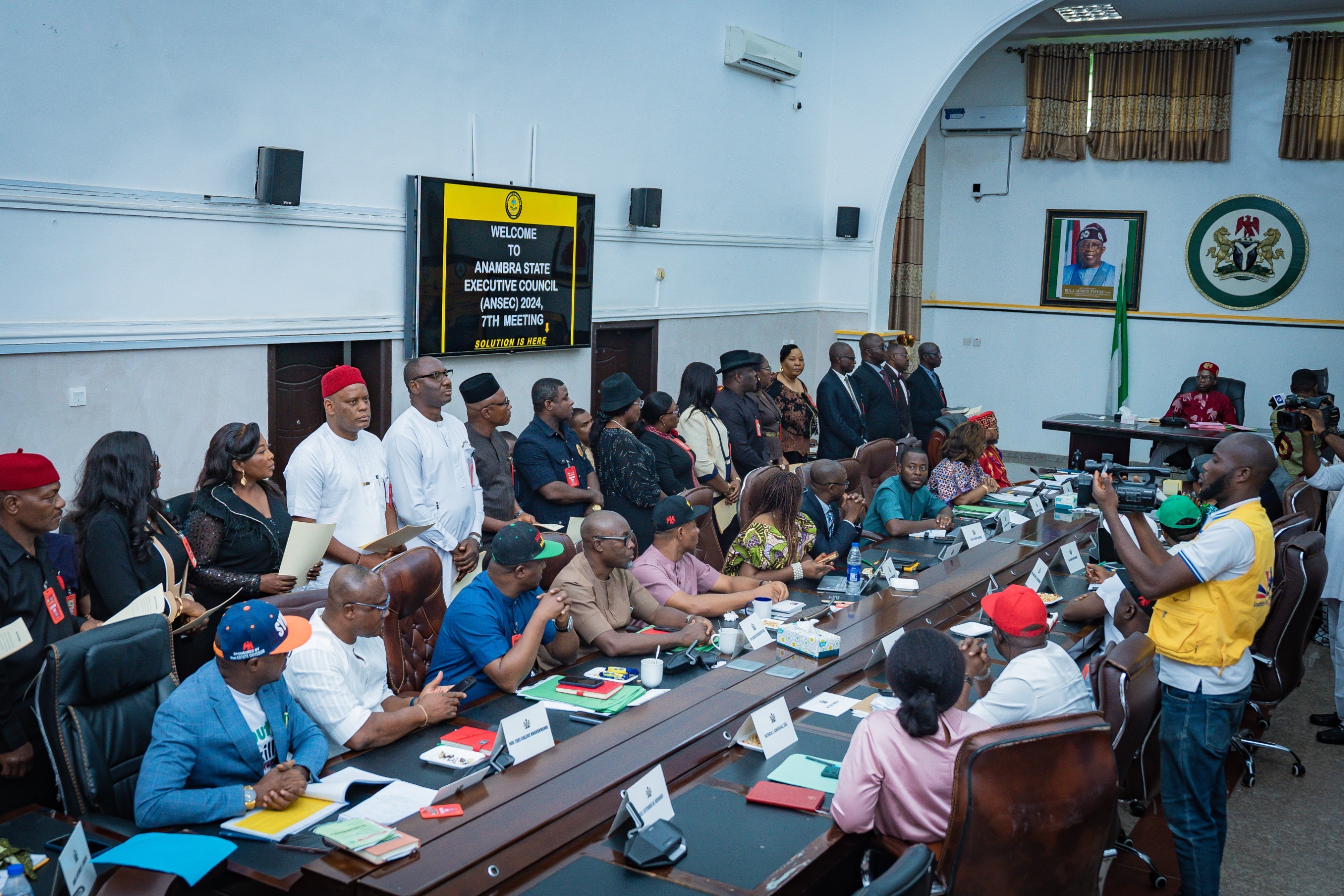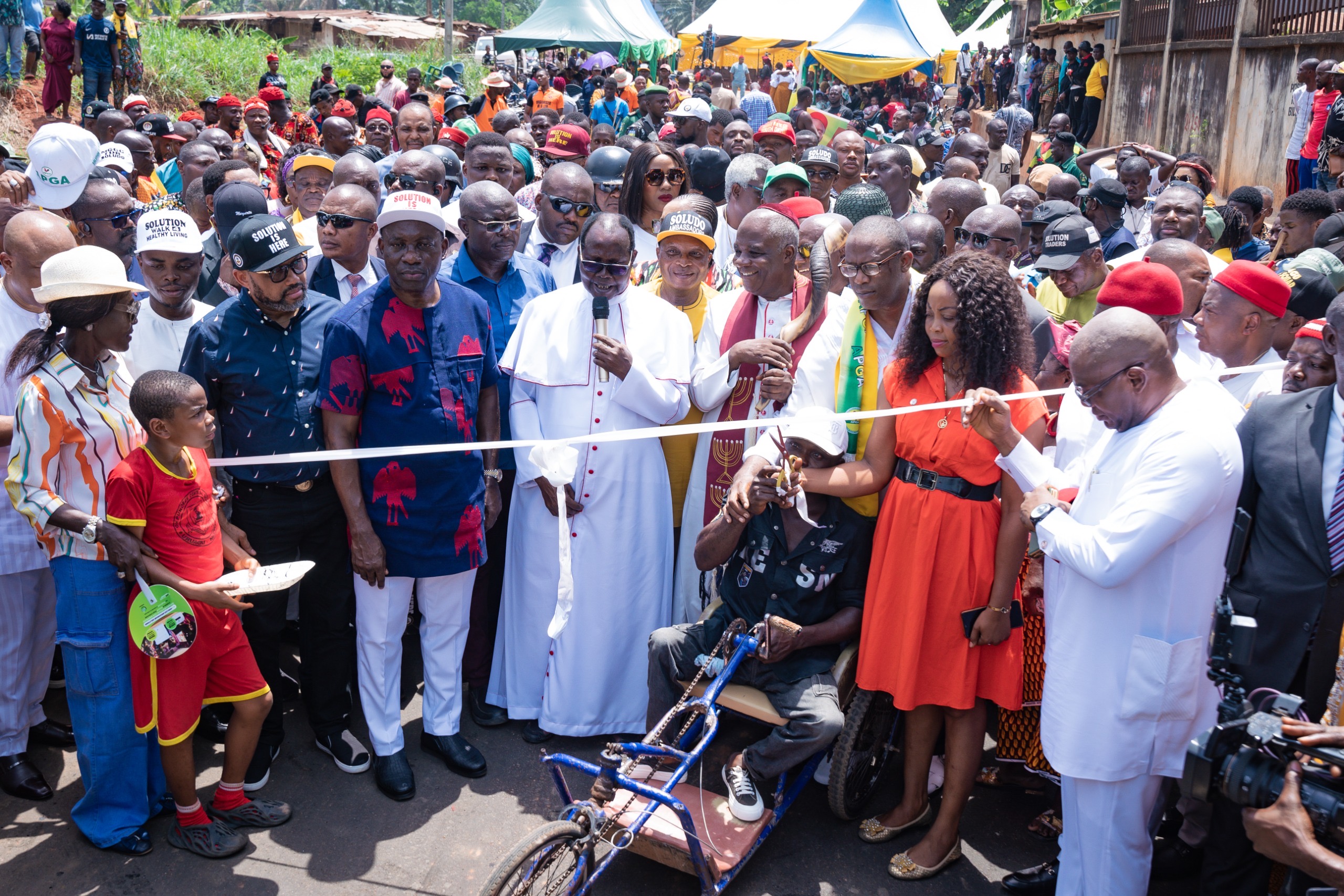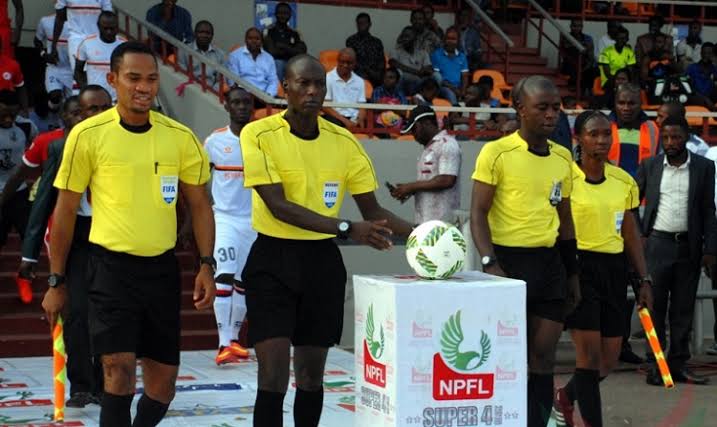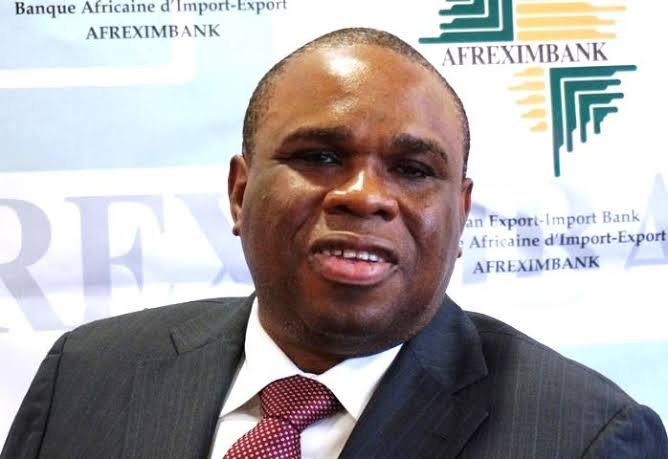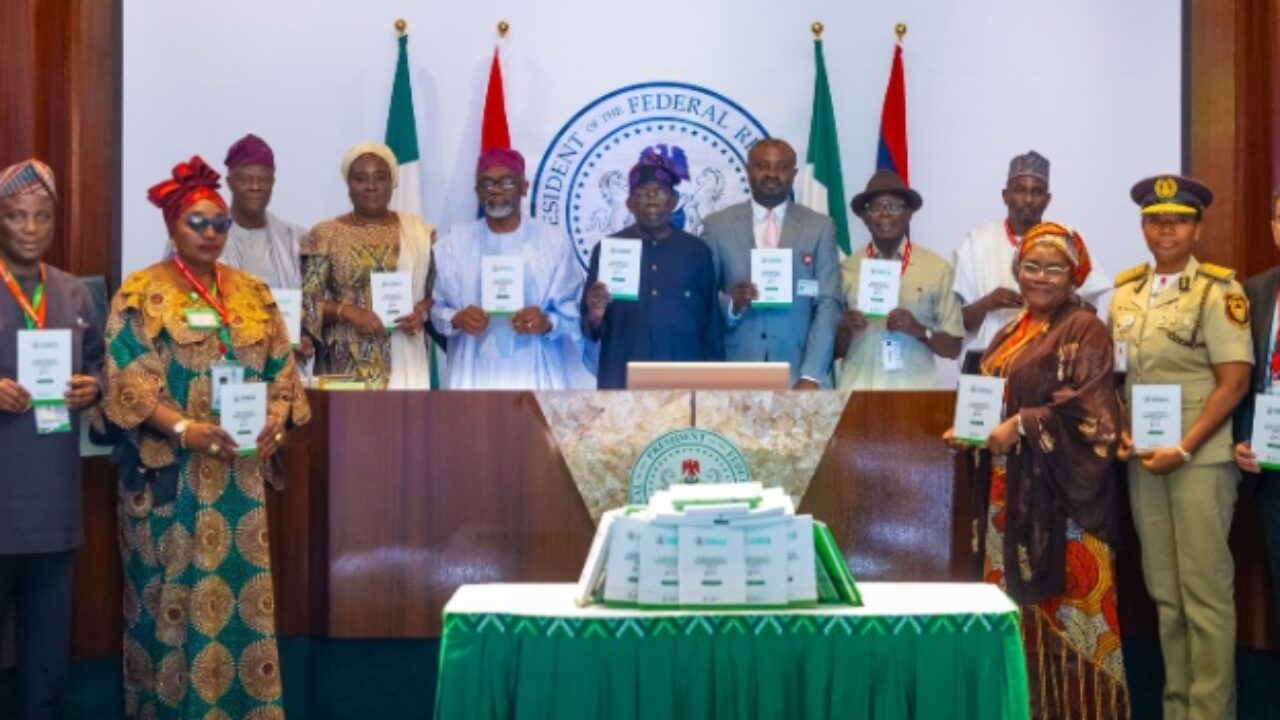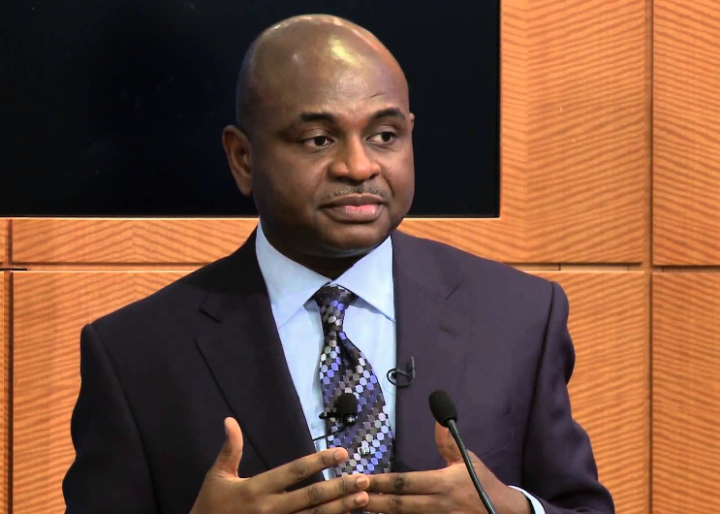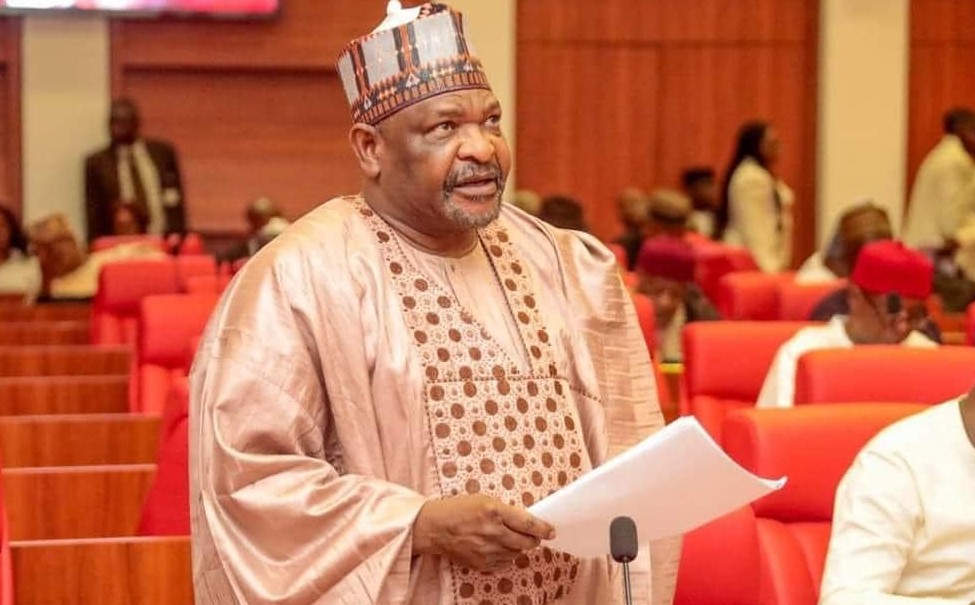For those who do not live in Anambra State and have not visited in a long time, scenes from the ongoing commissioning of projects by Governor Chukwuma Soludo, who will be celebrating his second year as governor of Anambra State tomorrow, were sights to behold. Not only were the people of Anambra excited with what the governor has been able to achieve in the last two years, the love shown to the governor by residents of the state was infectious. The joy in the eyes of everyday people – Keke drivers, farmers, commercial bus drivers, artisans, petty traders, etc – as they themselves cut the ribbons across newly constructed roads in their communities was visible. The case of Uchechukwu Dike, a commercial bus driver who says that the newly constructed Niger and Port Harcourt Roads which lead to Onitsha Main Market changed his fortunes, shows how appreciative Nigerians could be when they are given the dividends of democracy by their leaders. Uchechukwu Dike broke all protocols in an attempt to gift Governor Soludo a few thousand naira in appreciation for the construction of Niger and Port Harcourt Roads in Onitsha.
Apart from the massive commissioning of projects this week, another event happened last Monday which had very significant national implications. The appointments of Adebayo Ojeyinka, an indigene of Osun State, and Joachin Achor, an indigene of Abia State, as permanent secretaries in the Anambra State Civil Service sends a powerful message in the south east and in Nigeria, at large.
The appointment of the highly qualified and cerebral Abia-born Joachim Achor not only heals the wounds of the past, it further unites the south east, as it were. Nigeria needs leaders like Governor Soludo to continue to send this kind of apt messages to Nigerians.
The sacking of civil servants who were not indigenes of Abia in 2011 was a low point in the history of the south east and the kind of message sent from Anambra heals such wounds. In 2011, about 4,000 civil servants – mostly south easterners, were sacked from the Abia State Civil Service and were asked to go back to their states of origin to seek employment. Defending his action, the then governor of Abia State, Chief Theodore Orji, had this to say: “If Abia is chasing other people away, we are only copying what others have done to us. It was a question of observing fairness and equity.”
Advertisement
Chief Theodore Orji went on to add: “When I have the opportunity to serve the Abia State people, I have no apologies to make to anybody…. What I want to place on record is this, I wonder where people were when Abia born people were being chased away from other civil services.”
Chief Theodore Orji’s comments reflected the sentiments at that time. Many still argue that such sentiments still exist in Nigeria.
The events of 2011 generated a lot of reactions in the south east. Though the Abia State Government later announce that the disengaged civil servants would be re-engaged, many of the disengaged civil servants still claim that they have not been reabsorbed. In October 2023, just last year and 12 years after, a group, known as the Association of Disengaged Workers of Abia State (ADWAS) and led by Mrs Fidelia Ihejirika, pleaded with the current governor of Abia State, Governor Alex Otti, to reabsorb its members who were sacked in 2011. Mrs Ihejirika regretted that 89 out of the about 4,000 members of the disengaged workers have so far died from hardship. ‘’Our only crime was that we are not from Abia State. Some of us are from Enugu, Imo, Anambra and Ebonyi states’’, Mrs Ihejirika lamented. The disengaged workers have been on and off the National Industrial Court.
Advertisement
With such history, many were elated with the appointments made by Governor Soludo last Monday. Other south east governors need to follow suit, especially in appointing qualified Nigerians and non-indigenes into high offices. The Igbos are itinerant people – we live in every part of this country and in the world. The Igbos need to treat visitors the way they would want to be treated outside their homelands.
The celebration by friends of Osun-born Adebayo Ojeyinka at the Government House in Anambra was also a sight to behold last Monday. The beautiful melodies from the Yoruba Talking Drum adorned the air. As Nigerians, we are indeed united in our diversity! For those who had followed the 2013 alleged ‘deportation’ of 67 Anambra indigenes from Lagos in what was a rehabilitation and resettlement exercise of citizens from other states by the Lagos State government and the subsequent unfortunate media exchanges from both state governments in 2013, the event of last Monday was a thing of joy. A vast majority of Igbos work and do business in Lagos. This gesture of unity helps everyone in the long run.
To be clear: both Adebayo Ojeyinka and Joachin Achor – who joined Anambra’s Civil Service after their National Youth Service programmes in the late 90’s – deserved their appointments after excelling in the promotion exams conducted by PricewaterhouseCoopers (PWC) and subsequent interviews. But in a country where many have alleged marginalization in their places of work because of their states of origin, Anambra’s example of sticking to merit – especially in placing candidates into high offices – needs to be extoled.
In appreciating Governor Soludo and advising other governors to follow Soludo’s example, here is what Abia-born Joachin Achor had to say: “The appointment of Permanent Secretary [PS] is prerogative of the governor. Normally, PS is given or allocated to town unions, villages and local government councils and since by the local government arrangement, I am not there and have nobody to speak for me. But this one is that Soludo as the governor, God used him to achieve this because he insisted on merit.’’
Advertisement
Governor Soludo’s example goes a long way in achieving national cohesion and unity. Governments like that of Lagos State who have also made it a tradition to appoint exceptional non-indigenes into high offices in their states’ civil and public services also need to be celebrated.
Nwankwo is the special adviser on special projects to Soludo
Views expressed by contributors are strictly personal and not of TheCable.
Add a comment

